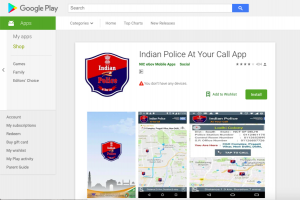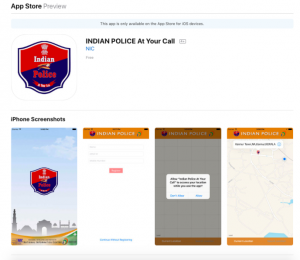While anything that lowers the authority of the courts can be considered as contempt, there are certain exceptions given in the law.
Innocent publication and distribution of matter
Under the law, if a publication, like a book or an article, tends to prejudice any pending court proceeding, such as publicly discussing unsubstantiated evidence, it will amount to criminal contempt.) However, the law itself gives certain exceptions where a publication will not amount to contempt on the grounds of prejudicing a pending proceeding. They are:
- If at the time of publication, the publisher had no reason to believe that such a case was pending.
- If no court proceeding was pending at the time of publication.
- If the person is in charge of distributing something that may be seen as contempt and they did not know that it contained anything that would be prejudicial to an ongoing court proceeding.
- However, this defence of ‘innocent distribution’ is not available for the press as the law gives certain criteria to be met for publishing books, papers, and newspapers. A person found distributing books, papers, or newspapers that have not met these criteria, will be guilty of contempt.
Fair and accurate reporting of a judicial proceeding
In India, trials and other judicial proceedings are generally held in open court and are subject to public scrutiny. This is required for a healthy, objective, and fair administration of justice. This system relies on numerous reporters that accurately report the daily proceedings in a court. The law protects such legal reporting, provided that it is fair and accurate.
The terms ‘fair and accurate, does not mean that the report should be a word-to-word reproduction of the proceedings. Rather, it should relay what has happened in the court, and should not misrepresent the court proceedings before the public. Unfair reporting that misleads the readers, is not protected by the law and would amount to contempt. For example, reporting or quoting an incorrect statement which was not made by a judge on social media.
In situations of in-camera trials, which take place in a closed room inside a court, certain forms of reporting may amount to contempt. Some examples of in-camera trials are cases of rape,) matrimonial disputes, etc, In such in-camera proceedings, the reporting of the proceedings, even if they are fair and accurate, will amount to contempt if:
- Such publication is contrary to or against any existing law. For example, reporting of the proceedings in rape trials or child sexual abuse trials are prohibited by law, and a person has to obtain the permission of the court in case they want to still report such matters.
- The court has explicitly prohibited such reporting. For example, in the evidence stage of a case involving national security or terrorism.
- The court is conducting in-camera proceedings for reasons connected with public order or security of the State.
- The information published relates to a secret process, discovery or invention which is an issue in proceedings. For example, in patent objection matters.
Fair criticism of judicial Actions
If a case has been finally heard and decided by the court, a person will be allowed to publish fair comments on the merits of that particular case. Comments about the judgment itself, and other comments about the merits of the case, are an exception to contempt of court. Since judgments are public documents, and the public acts of a Judge are subject to public scrutiny , no one can prohibit fair comments on either of them. However, the exact test for ‘fair comment’ is unclear and will depend on the facts and circumstances of each case. For example, misquoting the judge or making false statements about judges would not amount to ‘fair comment’. Additionally, such comments have to be made without any bad intentions, and without the motive to bring down the image of the judiciary or impair the administration of justice itself.
Complaint against presiding officers of Subordinate Courts
If a person has made a complaint against a presiding officer of a Subordinate Court, to either the High Court or another Subordinate Court, such a complaint will not amount to contempt. However, such a complaint has to be made in good faith. For example, if a person files a complaint against a District Judge because of a legitimate grievance.
Truth
Saying or publishing the truth for the public good may be treated by the court as an exception to contempt. This is similar to the defence of truth in defamation, but the court has the option to decide whether or not to accept such a remark.

